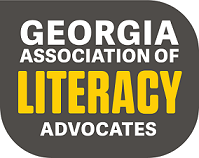Helpful Guidelines and Strategies for Explicit Vocabulary Instruction of Greek and Latin Morphemes
DOI:
https://doi.org/10.56887/galiteracy.57Keywords:
explicit vocabulary instruction, Greek and Latin morphemes, vocabulary knowledgeAbstract
Vocabulary knowledge predicts students' comprehension of text. Both research and the Common Core State Standards advocate explicit vocabulary instruction with attention to morphemes, or units of meaning within words. Many English words, especially more complex words that are part of a student's academic vocabulary or content-specific vocabulary, derive from Latin or Greek. For this reason, an explicit approach to vocabulary instruction based on Latin and Greek morphemes can support students' vocabulary knowledge. Several guidelines and strategies are described.



